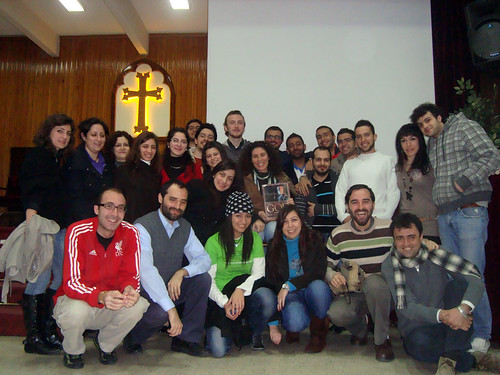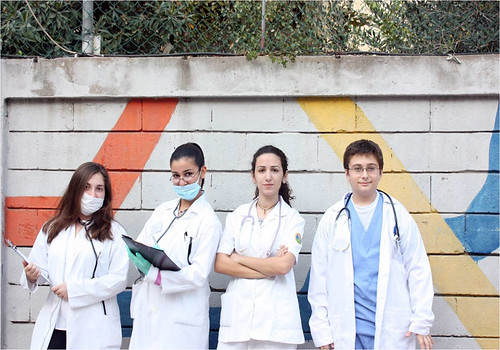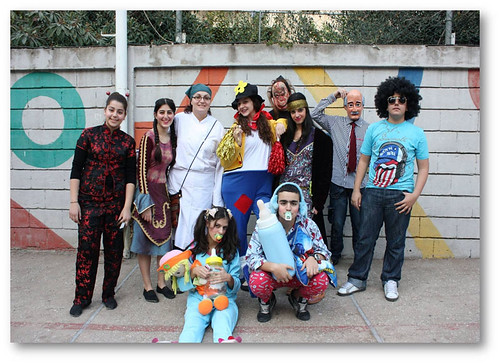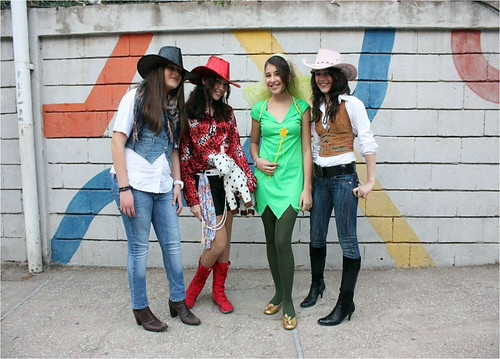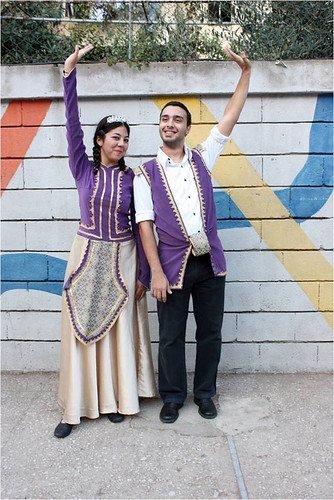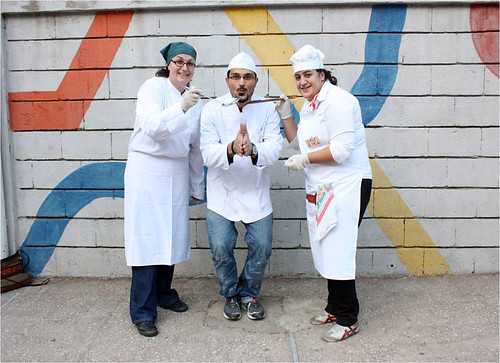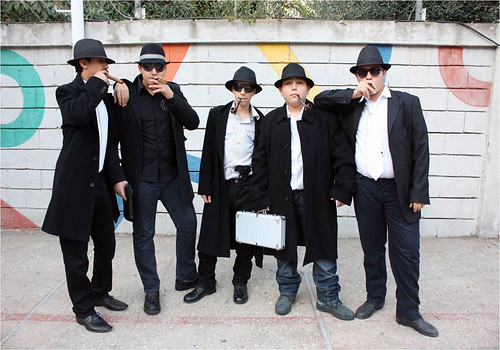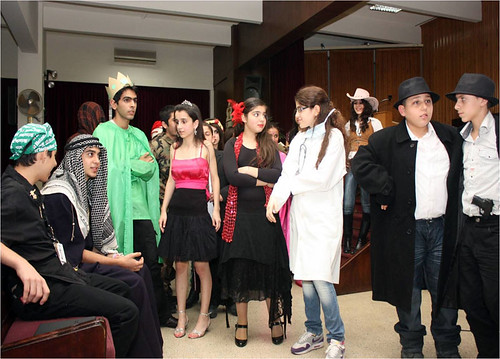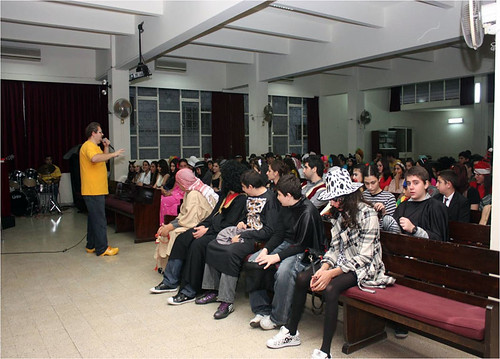The objective of the Armenian Evangelical Emmanuel youth group is to present the gospel message to young people, giving them the opportunity to make an informed decision to follow Christ and to keep their spiritual fervor, “never be lacking in zeal” (Rom 12:12)
After finishing the “youth alpha” course, which is basically series of Bible studies and discussions about the basics of Christian living and disciplines, we wanted to do a special Bible study series that can uplift the life of our youth group and make it more enthusiastic , encouraging and supportive. During our meetings and prayer times we have always wanted to know and do the will of God. Having read the “Experiencing God” textbook written by Henry & Richard Blackaby, I’ve shared my vision to the chanits and suggested that it will be a good idea to study this textbook during our next phase. I wanted to experience God as a group and see where God is leading us. Is God still at work around us? How can we know God’s will in our life (as an individual and as a group)? Questions are very essential and personal in ones’ life.
Therefore, we have started studying “Experiencing God” textbook as of October3, 2010. It is a one year program. It has 12 units and each unit is composed by 4 chapters. The general objective of this textbook is taken from Psalm 25:4-5 which says:
“Show me your ways , Oh LordTeach me your paths.
Lead me in your truth and teach me.
For you are the God of my salvation
On you I wait all day long” (Psalm 25:4-5)
God’s ways are teachable and understandable. God is always at work around us. We can identify three similarities in the lives of Bible characters through whom God worked:
1. When God spoke, they knew it was God
2. They knew what God was saying
3. They knew what they were to do in response.
So far, we have looked to the different aspects of our lives, the difference between a self centered life and a God centered life. God’s plans vs our plans. Does God really speak today? How? What about our current circumstances? Subjects such as obedience and trust and adjusting your life to God are matters in which we have been regularly dealing with during our chanits Bible study sessions at the Armenian Evangelical Emmanuel Church.
At the beginning of each unit we have Bible verses, we encourage our members to memorize that verse and repeatedly remember it by next 4 session of each unit.
The sessions are on every Wednesdays from 8:00 pm till 10:00 pm. We start by having a worship session (8:00 pm - 8:30 pm) followed by textbook study and group discussion,
We are 25-30 young adults, boys and girls. You can always join on our Bible Study sessions. If your age is above 18 years old and if you would like to study “Experiencing God” with us, you are always welcome to join us on every Wednesdays.
On Saturday and Sunday (April 9 and 10) we are planning to have our annual chanits retreat at KCHAG (Lebanon) , the subject of the retreat is “God Speaks” Part 2 (taken from the “Experiencing God” textbook) we will dig deeper into subjects like God Speaks by Holy Spirit through the Bible, prayer, circumstances and the church to reveal Himself, His purpose and His ways. The speaker is our youth pastor Datev Basmajian. Please pray for us as we Experience God and be His light and salt in the small community of Amanos through the Armenian Evangelical Emmanuel Church.
In Christ,
Serop OhanianChairman of the Armenan Evangelical Emmanuel Chanits
22-March-2011




